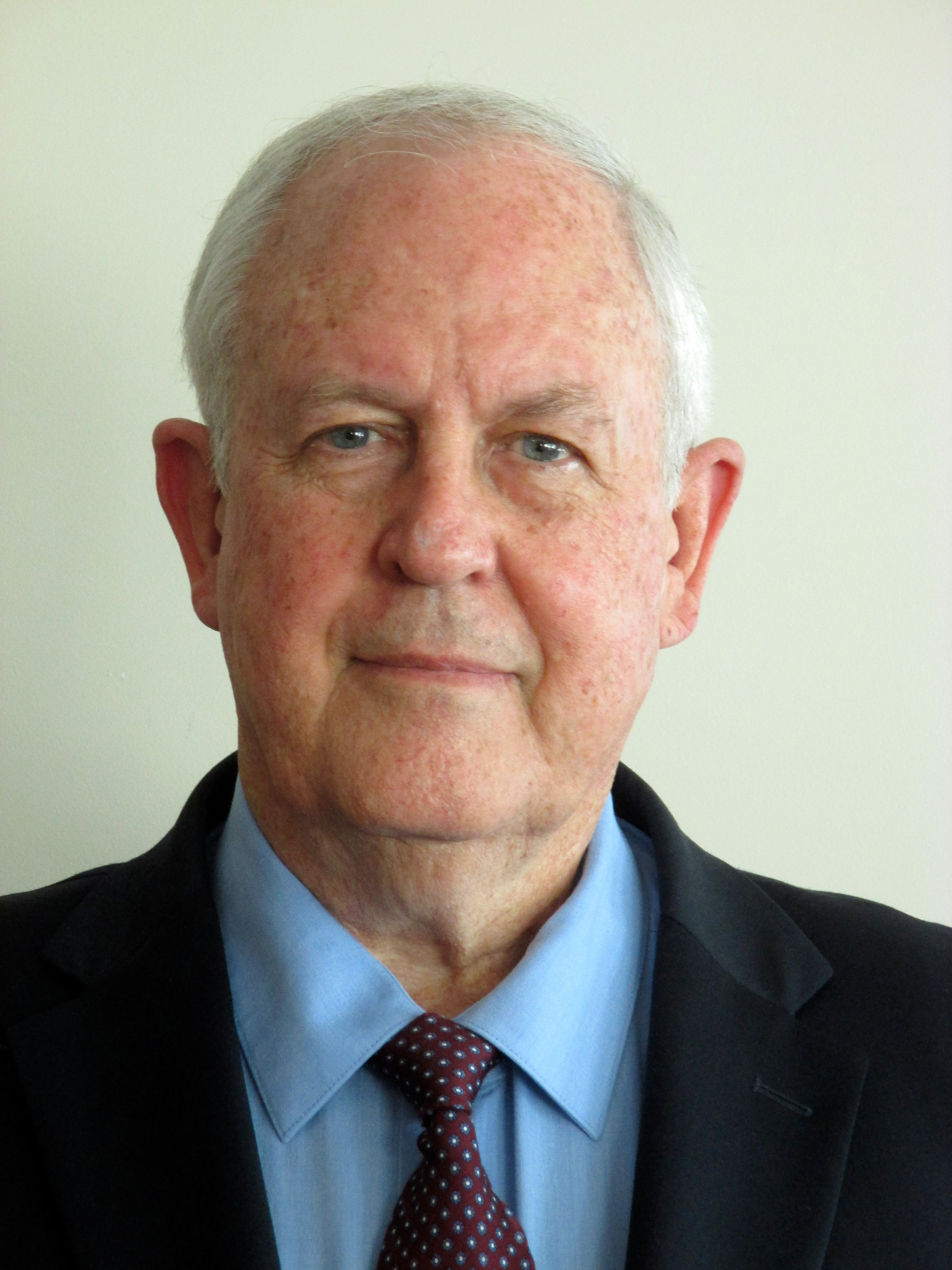- SATURDAY, APRIL 20, 2024
Portsmouth Town Council candidates sound off on spending
16 hopefuls explain how they’d reel in taxes
PORTSMOUTH — As part of our election coverage, the Portsmouth Times recently asked all candidates for Town Council to answer three questions:
1. As a candidate for Town Council, …
This item is available in full to subscribers.
Please log in to continue |
Register to post eventsIf you'd like to post an event to our calendar, you can create a free account by clicking here. Note that free accounts do not have access to our subscriber-only content. |
Day pass subscribers
Are you a day pass subscriber who needs to log in? Click here to continue.
Portsmouth Town Council candidates sound off on spending
16 hopefuls explain how they’d reel in taxes
PORTSMOUTH — As part of our election coverage, the Portsmouth Times recently asked all candidates for Town Council to answer three questions:
1. As a candidate for Town Council, what initiatives do you support to keep tax increases to a minimum in Portsmouth?
2. What steps should the town take to maximize its revenue streams (i.e. renting of town properties, fee increases, etc.)?
3. What other issues are important to you as a council candidate?
Here we present their answers to the first question, about minimizing the tax burden (responses were limited to 150 words). We will publish the answers to the remaining two questions shortly.
Kevin M. Aguiar (Democrat)
As a town councilor, the town budget is always an important issue for me. The town has a responsibility to provide the citizens with municipal services while also maintaining our roads, parks, open space and facilities that collectively contribute to our quality of life.
If re-elected, I will continue to make it a priority to develop fiscally responsible budgets.
The town has demonstrated cost-savings through improved efficiencies within the municipal departments and by sharing and consolidating services. Services such as the technology/IT services and snow removal operations are now shared while the Finance Department has improved upon collection rates.
The town must also look to support and expand the commercial and industrial tax base. I supported the Town Council’s decision to expand the Enterprise Zone in an effort to support and promote commercial development. This initiative will provide an opportunity for economic growth within the town.
Debra F. Cardoza (Republican)
I will require accountability and transparency for each department and the school board, while carefully reviewing the need for hiring more employees. The taxpayers will bear a heavy tax burden for cost and benefit, so we would have to justify these additional expenses.
The tax assistance programs need closer monitoring to ensure that each is being applied appropriately. In fact, there are deeded buildable lots that pay $0 in taxes because they are included within larger open space parcels, while some elderly residents pay up to $5,000 per lot.
Though conservation can be a wonderful asset, conserved properties are removed from the tax roll or are dramatically reduced in taxes. We should apply equal taxation to all buildable property across the board. In this way, the town can work toward a balanced budget, instead of seeking bonds and adding debt.
Lawrence J. Fitzmorris (Republican)
I believe that increases in the property tax rate should be kept to no more than the previous fiscal year’s rate of inflation. This approach would ensure that property taxes increases do not exceed the growth of taxpayer’s incomes.
The council should formally set the property tax rate early in the budget process, after consultation with the School Committee and town administrator. Budgets would then be drafted to an objective. The only way in which Portsmouth government is going to deal with property taxes that are already too high, is to key increases to those in people’s incomes which increase at or less than their ability to pay.
David M. Gleason (independent)
While work has already started to eliminate defined benefit pensions for future municipal employees, work needs to continue on reducing the costs incurred with “other post-employment benefits (OPEB),” benefits obtained by previous employees of the town.
While not a pleasant topic, continuing to support all retiree benefits is simply not sustainable. While most of our state towns are in worse shape financially than Portsmouth, much has to do with work accomplished by the council with the previous town administrator, John Klimm. This needs to continue.
Decisions about adding staff to any/all areas of the town must be scrutinized when considered. Simply, if staff grows, taxes will increase. To reduce the hiring, I would pursue several areas. This includes utilizing the expertise and advice of volunteers serving on various committees established by the council and by expanding the hiring of summer/seasonal employees, who would not receive employment benefits.
Keith E. Hamilton (Republican)
Keeping the tax rate low takes more than just a few initiatives to achieve. We need to create a comprehensive plan that is compatible with the vision of the people of Portsmouth to help business growing while maintaining rural character.
We need all levels of town government and departments working from the same sheet of music and accomplishing the goals of keeping the town safe and functioning at the lowest cost possible. I believe I have helped foster an environment of respect for everyone in town to help keep communication open while allowing everyone to have their say, and I promise to continue promote that atmosphere.
Constance L. Harding (independent)
As an independent candidate for Portsmouth Town Council, keeping our property tax increases to a minimum is very important to me. I would like to make sure Portsmouth is an affordable community where young families are able to purchase homes here and retirees are able to retire here.
We need to look at how we spend money in Portsmouth and be more proactive than reactive on major purchases. We need to embrace commercial development that enhances the fabric of our community, which will ultimately balance our residential and commercial tax base.
Leonard B. Katzman (Democrat)
I strongly support expanding where feasible all savings we can achieve through regionalization and cooperative efforts. The town already does procurement through statewide resources. We have cooperative arrangements between area municipalities — for harbor patrol, police, fire — and these help curb costs of overtime and equipment.
I would seek to find additional areas of savings to Portsmouth through arrangements like these because this reduces the town tax requirements. As another specific initiative, I believe it is crucial to gain a comprehensive understanding of the town’s future liabilities for OPEB (other post-employment benefits). These future obligations (primarily health insurance costs) need serious controls and efforts put in place to reduce the tax burden going forward.
Finally, as a guiding principle, the budget process must be founded on conservative financial projection for both revenues and expenditures so we can provide priority for necessary services at the lowest most efficient cost.
Paul F. Kesson (Republican)
There is only one significant way to limit tax increase and that is to limit spending. Last year there was a missed opportunity to minimize the increase and that was to only use the new taxes on property for the budget increase only.
This missed opportunity is going to compound in the next budget cycle and the impact is yet to be seen if the state doesn't match the exact revenue of the taxes created on the vehicle tax in the town.
John G. McDaid (Democrat)
I think it should be acknowledged that recent town councils have done a creditable job of keeping Portsmouth property tax increases to a minimum.
Contrary to the cherry-picked numbers some critics use, the average tax bill has increased about 2.4% per year, over the past 10 years, adjusted for inflation. Given that this happened at a time when we were also facing large cuts in state aid and rising costs for health care benefits (which are not included in the CPI market basket) this speaks well to past councils’ — and school committees’ — fiscal stewardship.
As someone who just retired from a management consulting firm, I’m very familiar with analyzing budgets. My main initiative would be to continue the practice of rigorously reviewing all line items as part of the annual council budget process, balancing impact on the bottom line against the ultimate metric of maintaining Portsmouth quality of life.
J. Lane McMahon (Democratic)
As a start, finish the examination of town-owned properties for possible revenue generation or increases in current revenues.
Secondly, re-evaluate the zoning code to ease up restrictions on home-based businesses and commercial properties to encourage smart, regulated growth.
And finally, look at town spending by using a zero-based budget.
Elizabeth A. Pedro (Republican)
I support funding our roads program because it’s far more economical to maintain the roads than to rebuild them altogether. I support our Capital Improvement Plan, drafted to ensure that our town and school buildings don’t meet the same fate as our roads. During my tenure, this process began and I will make sure it continues.
Our pension plan has an unfunded liability of $36.9 million. We must monitor the investment fund to ensure the projected rate of return is realistic so that the funds will be available for our employees when they retire. If not, the taxpayers will incur a large tax increase if the fund doesn’t perform as predicted.
The same is true for the other post-employment benefits. The town pays for OPEB as needed instead of putting funds into an investment account. Currently, the unfunded liability for OPEB is $16.9 million. I support budgeting for this item annually.
J. Mark Ryan (Democrat)
Minimizing taxes is an issue that affects everyone, from young families to seniors, and should be factored into all the Town Council’s decisions. The council must carefully plan and continuously monitor our budgets, increase alternative town revenue sources, and keep costs to a minimum.
At the same time, we must ensure that we maintain essential town services. Better management and utilization of town-owned properties and facilities, including Sandy Point Beach, Melville Campgrounds, Glen Manor House, and the Glen recreation areas, will help increase revenue but we also must continue to encourage smart economic development to help grow our local businesses and protect our quality of life.
Finally, to keep tax increases lower, the Town Council must work to avoid unnecessary expenses — such as the $1 million paper road lawsuit and DEM fines.
Judith J. Staven (independent)
The best way to keep taxes down is to keep spending down, which in my opinion is not being done.
In fact, we are growing government lately. We now have an assistant administrator, two planners and two building officials. Is Portsmouth really big enough to require this?
The town budget this year grew by 6.71%, an increase of almost $1.3 million. The reason the tax increase was kept to a minimum is that one-time revenue was put into the operating budget. This will create a hole in the budget in a future year and have to be made up. The town also lowered the exemption for the vehicle tax, so we are all paying more through this venue.
If elected, I will endeavor to reduce spending in order to avoid tax increases.
Linda L. Ujifusa (Democrat)
There are a number of ways we can minimize our tax burden. We must undertake rigorous long-range and ongoing economic analysis and planning because these can anticipate future cost increases and allow us to better control them.
Maximizing our revenue stream can be accomplished, in part, by achieving better management of our town properties. We can also expand our search for the most cost-effective ways to purchase goods and services — such as shared purchasing agreements and partnerships with other communities. We must pursue smart growth and revenue-positive development that involves protecting open space as well as attracting businesses.
Also, the Town Council must advocate for the state to reverse policies that have shifted tax dollars from Rhode Island’s towns to the state’s wealthiest individuals and corporations.
Thomas R. Vadney (Republican)
Economic development that respects the character of our town. When I first arrived in 1996, Portsmouth still had the trappings of a small town in a rural setting. Portsmouth has since grown into a bedroom community with much of the open space and farms that were around 20 years ago.
What is a blessing has also worked against the tax rate. Currently, residential development makes up 86% of all development in town, while commercial development is only at 10%. Compare that to statewide averages of 74% and 17% respectively.
Though I am a proponent of economic development, I do not support big-box development. Instead I support businesses like Raytheon that have a minimal impact on the town’s character but bring high-paying jobs to our community. Until we can come together to find a sustainable balance between residential, commercial, and open space, we must be realistic about the budget.
Elias J. Wheeler (Democrat)
Fiscal responsibility. The most important thing is to elect people that will look at the big picture and consider every taxpayer when making decisions.
Special interest-serving and under-informed, last-minute decisions have in the past, and will continue, to create unnecessary expenses. The infamous “tent meeting” brought to us by the PCC is one example.
The Heidi Drive Extension abandonment is another prime example of special interests taking precedence over the rest of the town. This rash and uninformed decision could end up costing the town over $1 million. That alone is roughly a 1.6 percent budget increase. Ultimately, that will come out of the taxpayers’ pockets.
In addition to fiscal responsibility, exploring new and innovative revenue sources, such as expanding the use of The Glen or developing the former Navy tank farms on Burma Road, will bring in more revenue.
Keywords
Election 2016, Portsmouth Town CouncilOther items that may interest you







































